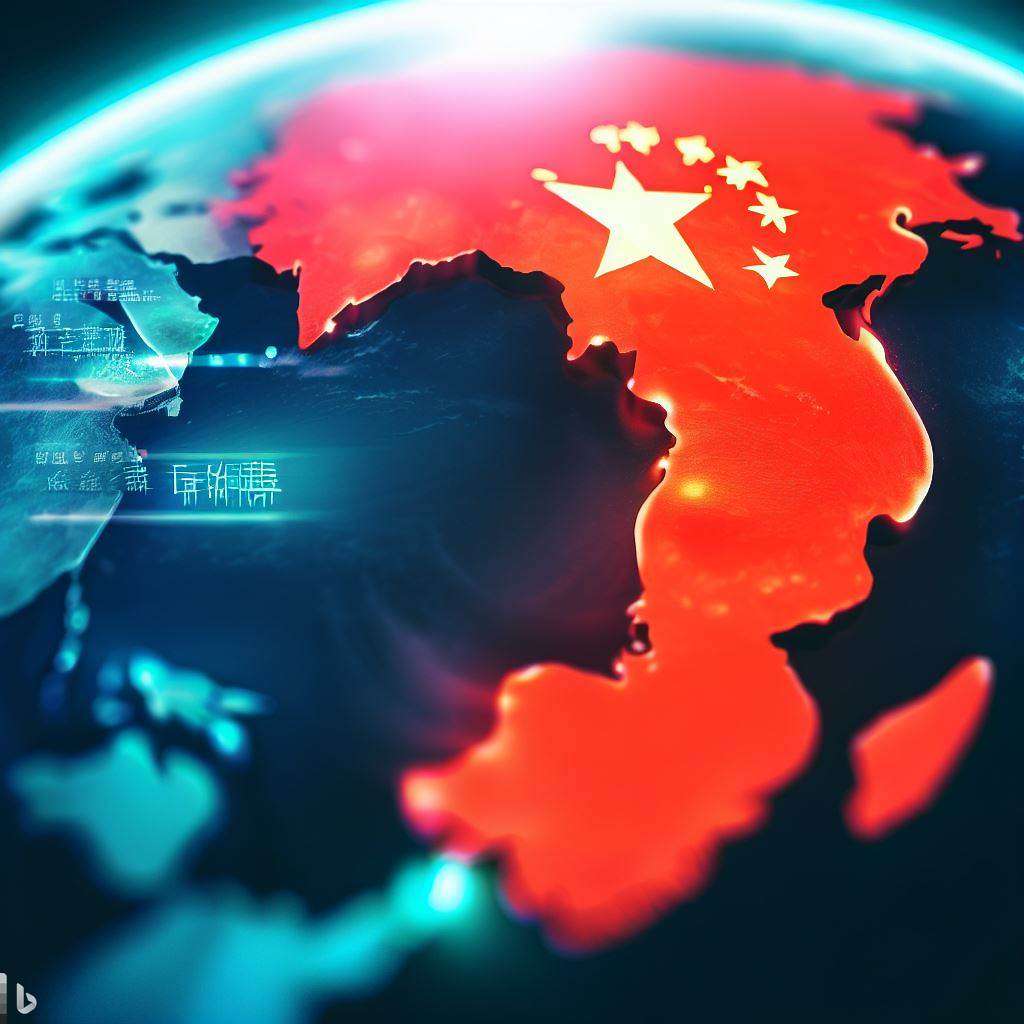
In an unexpected move, the Chinese government has recently issued a directive, impacting the choice of smartphones among its central government officials. This directive instructs officials to refrain from using iPhones and other foreign-branded devices for work purposes or bringing them into government offices. The news has sent ripples across the tech world, raising questions about the implications of this decision on smartphone manufacturers and global politics..
In an era where smartphones have become an integral part of our daily lives, this directive underscores the Chinese government’s effort to promote domestic technology. It’s a move that not only challenges the loyalty of government officials to foreign brands like Apple but also highlights the broader tensions surrounding international trade and security.
The Impact on Apple and Foreign Smartphone Manufacturers
Before the directive even came into the public eye, it had already begun to affect the stock market. Apple Inc. (NASDAQ:AAPL) experienced a 0.7% slip in its shares as a direct response to the news. This sheds light on the considerable influence that China, with its massive consumer market, holds over global tech giants like Apple.
Apple’s reliance on China as a manufacturing hub and a crucial market for its products makes it particularly susceptible to such developments. The directive may force Apple to reevaluate its strategies in the Chinese market and possibly accelerate its efforts to diversify its supply chain away from China.
Moreover, this directive could open the door for domestic Chinese smartphone manufacturers to gain an upper hand. Companies like Huawei, Xiaomi, and Oppo have been striving to establish themselves not only in China but also on the global stage. With government officials now encouraged to opt for domestic brands, these companies might see an increase in their market share, both domestically and potentially internationally.
Global Politics and Trade Implications
The directive also has significant implications for the ongoing global tech and trade conflicts. It signals China’s intent to reduce its dependence on foreign technology, a move that aligns with its broader goal of achieving technological self-reliance.
This development comes in the wake of escalating tensions between China and the United States, particularly regarding trade and technology. The U.S. government’s concerns over data security and the alleged ties between Chinese tech companies and the Chinese government have led to sanctions and restrictions on Chinese companies, including Huawei.
In response, China has been striving to develop its semiconductor industry and foster innovation within its borders. This directive is yet another step in that direction, as it discourages the use of foreign technology in sensitive government settings.
Potential Ripple Effects in the Tech Industry
The Chinese directive has set off a chain reaction of speculation within the tech industry. Companies that rely heavily on the Chinese market, like Apple, may face additional challenges. However, this could also spur innovation as companies seek to adapt to the changing landscape.
In the long run, the smartphone industry may see a shift in focus towards regions with less geopolitical uncertainty. Southeast Asia, for instance, could become a more attractive market for tech companies looking to diversify their customer base.
Moreover, the directive might prompt foreign smartphone manufacturers to explore partnerships with Chinese tech companies or consider establishing local production facilities in China to maintain a presence in the market.
The Balancing Act for Chinese Government Officials
For Chinese government officials, this directive presents a delicate balancing act between loyalty to the nation and personal preferences. Many officials have become accustomed to using iPhones and other foreign-branded devices due to their popularity and reputation for reliability.
However, this directive emphasizes the importance of supporting domestic brands and reducing reliance on foreign technology. Officials who choose to comply with the directive may need to transition to domestically produced smartphones, even if it means adjusting to a different user experience.
The directive may also impact the perception of foreign brands among the Chinese populace. As government officials switch to domestic devices, it could influence public opinion and further drive the popularity of Chinese smartphone manufacturers.
Social Media Reactions
On social media platforms, reactions to the directive have been mixed. While some users express support for the government’s efforts to promote domestic technology, others are concerned about the potential inconvenience this might pose to government officials who have grown accustomed to foreign-branded devices.
#ChinaTechLoyalty and #SmartphoneShift have become trending hashtags on Chinese social media, with users sharing their thoughts and discussing the implications of the directive.
In the broader international context, the directive has also sparked discussions on trade relations between China and other nations. The global tech community closely watches these developments, recognizing their potential to shape the future of the industry.
Closing Thoughts
China’s recent directive instructing central government officials to refrain from using foreign-branded smartphones at work marks a significant development in the ongoing global tech and trade landscape. It challenges the loyalty of government officials to foreign brands like Apple and underscores China’s ambition to achieve technological self-reliance.
The impact of this directive goes beyond stock market fluctuations; it has the potential to reshape the smartphone industry and influence global politics. As tensions between nations persist, the world watches closely to see how these developments will unfold and how they might impact the future of technology and trade.



Get the latest Crypto & Blockchain News in your inbox.